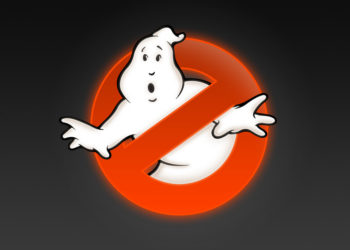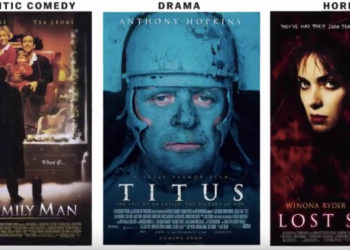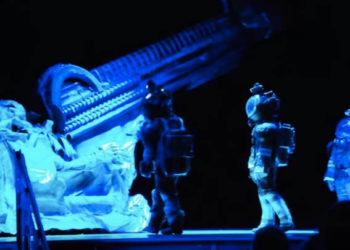Many years ago, I watched an episode of one of the Next Generation Era Star Trek spinoffs, and as (at the time) a biologist, was incensed at some technobabble uttered by a character, something nonsensical about a protein breaking up into DNA fragments. I mentioned this to a physicist colleague who burst into laughter, letting me know that I had finally experienced what every physicist feels watching nearly every episode of Star Trek.
This came to mind while watching the video below, in which Tudor historian Dr. Nicola Tallis offers reviews on recent movies about that period. Suspension of disbelief becomes really difficult when you know intimately what’s being depicted. Interesting that a lighter fictional film like Shakespeare in Love ranks higher for authenticity than big, serious period dramas.
Please feel free to share your stories of infuriating viewing in the comments below. I’m willing to bet that many of our librarian colleagues will have something to say about how their profession is portrayed in film and television.
Discussion
9 Thoughts on "The Burden of Knowledge: A Historian Reviews Popular Period Movies"
It’s a shame that she didn’t watch the whole of Shakespeare in Love because then she’d have understood the whole girls-on-stage bit of plot!
“I’m willing to bet that many of our librarian colleagues will have something to say about how their profession is portrayed in film and television.” Okay David. I’m not a librarian, but if I may, that scene near the end of “It’s a Wonderful Life” where we find out that Mary without George has become (gasp) a librarian, has to rank right up there as one of the biggest librarian put downs ever. Here’s the full description of the scene, plus a photo of Mary in her life before libraries, and after: https://reel-librarians.com/2011/09/21/its-a-wonderful-stereotype/
I am a basic science-turned-health science/scholarly communications librarian. Fake science drives me bonkers. I find myself saying “No” to many fake science things in both TV and movies. My girlfriend is a computer and coding type. She does the same when characters spout some sort of nonsense about code.
Lest we forget movies are designed for entertainment! Went to see Platoon with a buddy who was at Long Bin before moving into the field. As we left the movie people were talking about the horrors of war. He turned to me and said: I forgot how dusty it was!
The most intellectually unsophisticated aspect of this are the comments by the historian, who doesn’t seem to understand that she is talking about works of fiction. For the next episode we will have a condescending discussion of the historicity of the cyclops in the Odyssey. Viva lies! Viva art!
Highly recommend the podcast Historians Film Club ( https://shows.acast.com/history-film-club/episodes ) where some great historians who work on film and tv adaptations talk about why they are more concerned with themes that costumes and details. I love every episode of this! There are some other great venues where historians are talking about this vis a vis especially race and representation in, say, Bridgerton (which is historical fiction to film but relevant to discussions).
Last James Bond movie for anybody with some background in molecular biology and/or genetics…oh boy. There is a full suite of scenes that fight for my fingers as I write, but I will limit myself to my personal favourite: this little blue light that lights up to indicate that “the genetic material was transferred”. On a lighter note, I believe that the biggest lie of this type is one of the scenes – was it Da Vinci Code? – where physicists at CERN or something to that effect wear white lab coats. What an insult.



